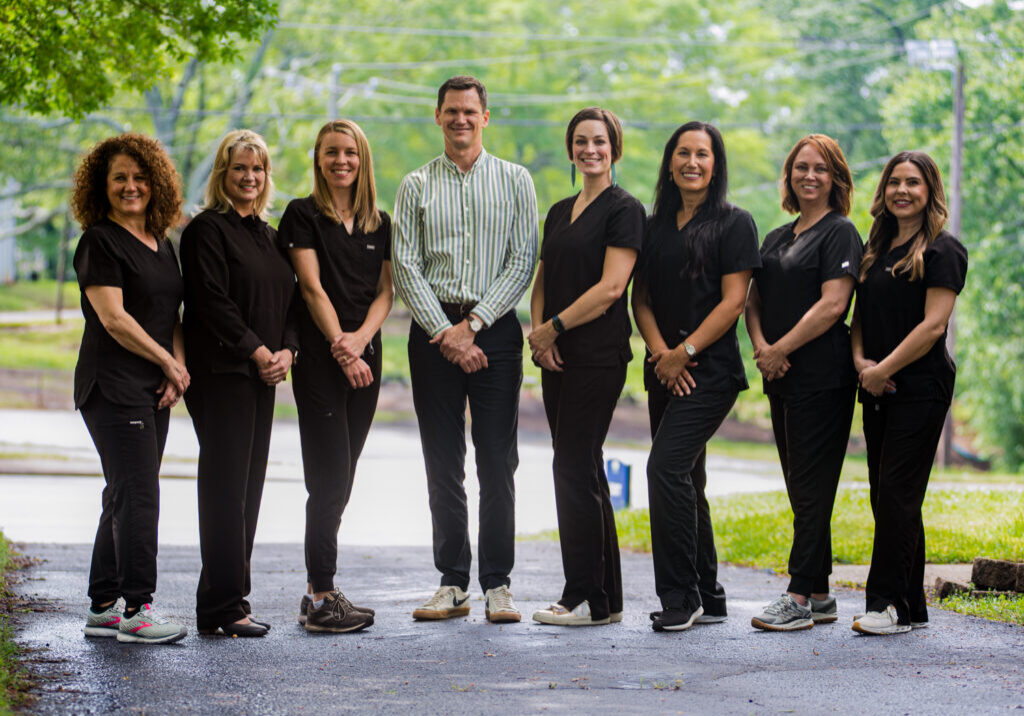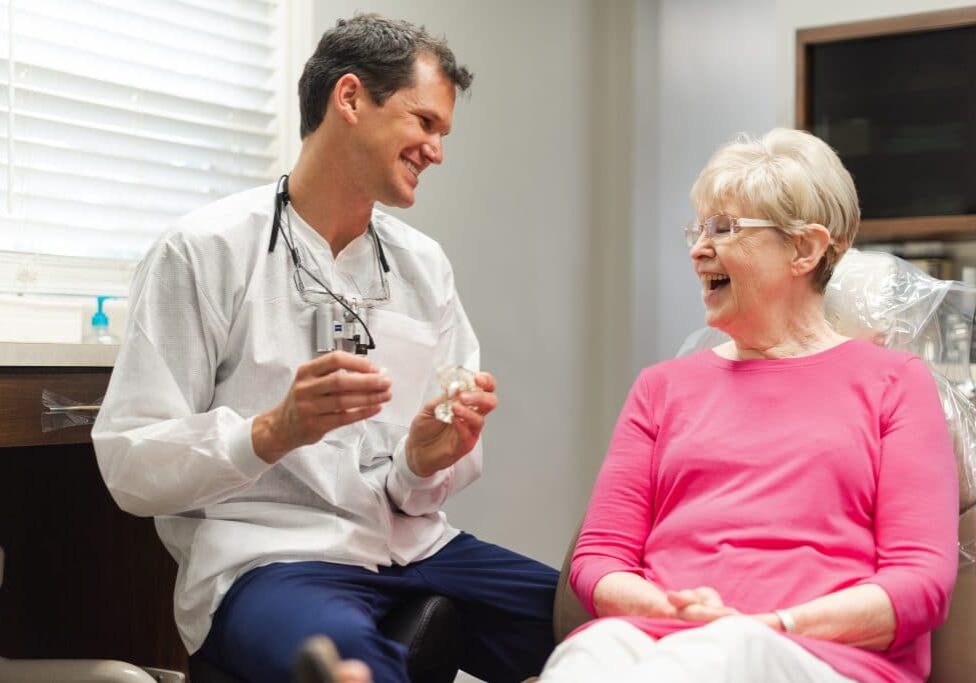What does a Dentist do?
A Greenville Dentist is your first line of defense against oral diseases! They are a medical doctor specializing in the prevention, diagnosis, and treatment of conditions involving the teeth, gums, jawbone and even some facial structure. Your dental professional team helps you keep your mouth healthy and in good working order. Patients that are at a higher risk for developing gum disease or cavities will benefit from more frequent routine cleanings though most patients can stick to a schedule of every six months.
Dental care is important to your overall health. Prevention is the best way to keep everything healthy but dental emergencies can occur and when they do, your dental office likely has an emergency contact number for you to call after hours. Most hospitals have a dentist on staff so if you find yourself with a dental emergency and you cannot get to your dentist, you can be cared for by the staff at the emergency room.
What happens at a dental appointment?
Hopefully, you are visiting your dentist for a routine cleaning but occasionally, you may require some form of restorative work. Let’s review a routine visit first:
- Prophylactic dental cleaning: Your dental hygienist will use manual tools and perhaps a cavitron to remove stuck-on plaque and tartar away from your gumline and clear out any debris and infection. Once a year, they will measure the depths of the pockets between your gum tissue and tooth structure. Healthy pockets measure less than three millimeters and if you have higher measurements, your hygienist may advise that you have a scaling and root planing (deep cleaning) to eradicate infection and heal your gum tissue.
- Oral examination: After your cleaning, your dentist will examine all of your teeth and gum tissue, including your bite to make sure everything is healthy and aligned.
- Dental x-rays: X-rays enable your dentist to see what is going on between and inside the teeth so it is important to allow your dental team to take a full set of x-rays every five to seven years along with annual check up x-rays. The earlier your dentist can catch decay, the easier and less costly it will be to fix.
- Oral cancer screening: At each visit, your hygienist will screen the soft tissues in your mouth for any abnormalities. They will also palpate your throat and have you swallow while they are feeling for anything unusual. If anything appears suspicious, they may refer you to an oral surgeon for an evaluation.
If your dentist finds any decay or periodontal disease, you will require some restorative treatment. If gum disease is too advanced to be treated with a scaling and root planing, your dentist may refer you to a periodontist for more advanced treatment. If decay is present, your dentist will need you to return for a filling or, if the decay is too widespread, a crown. A crown is also used to repair a fractured tooth so if you feel a chip or crack, visit your dentist as soon as possible!
More on Dentistry : Holistic Dentistry



